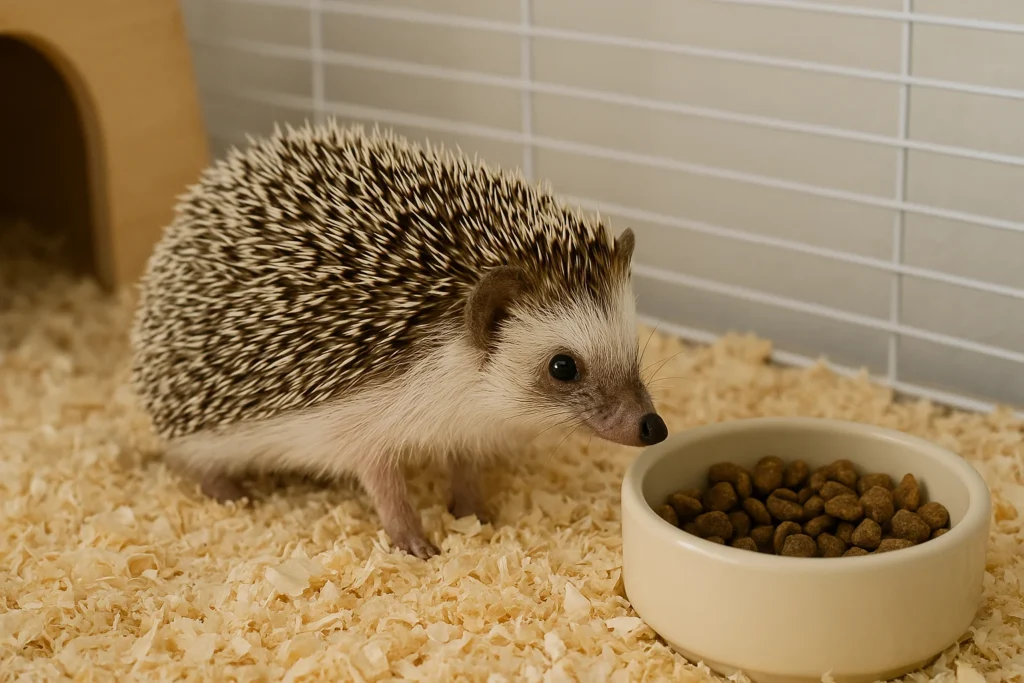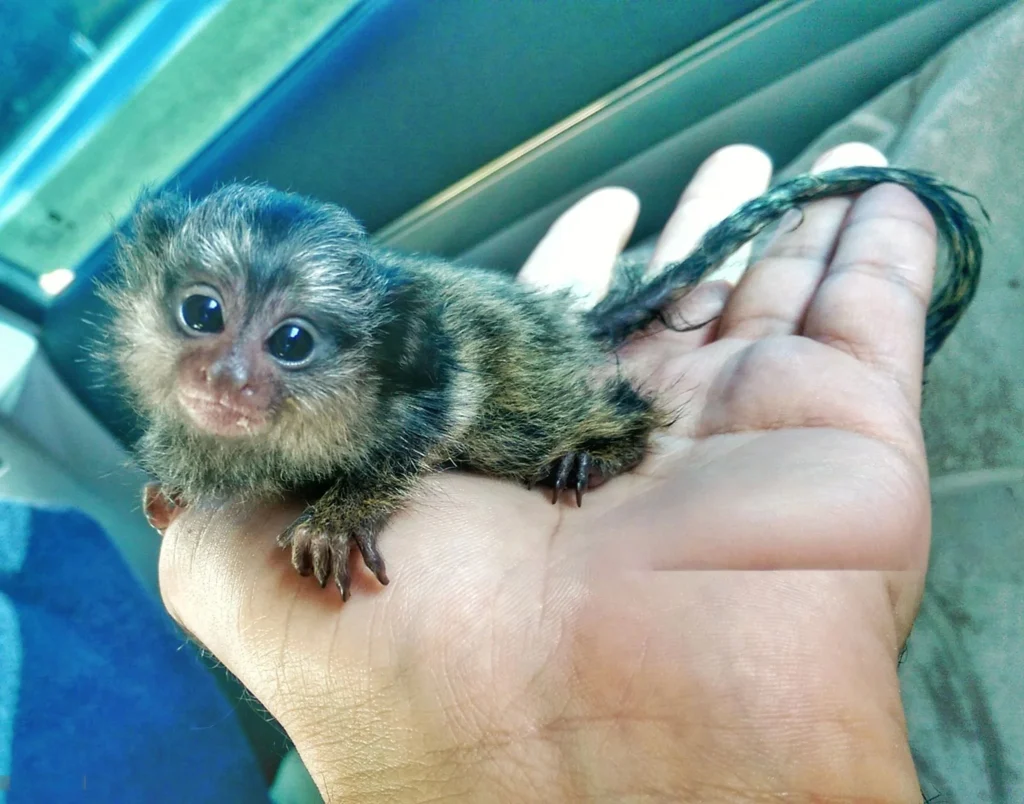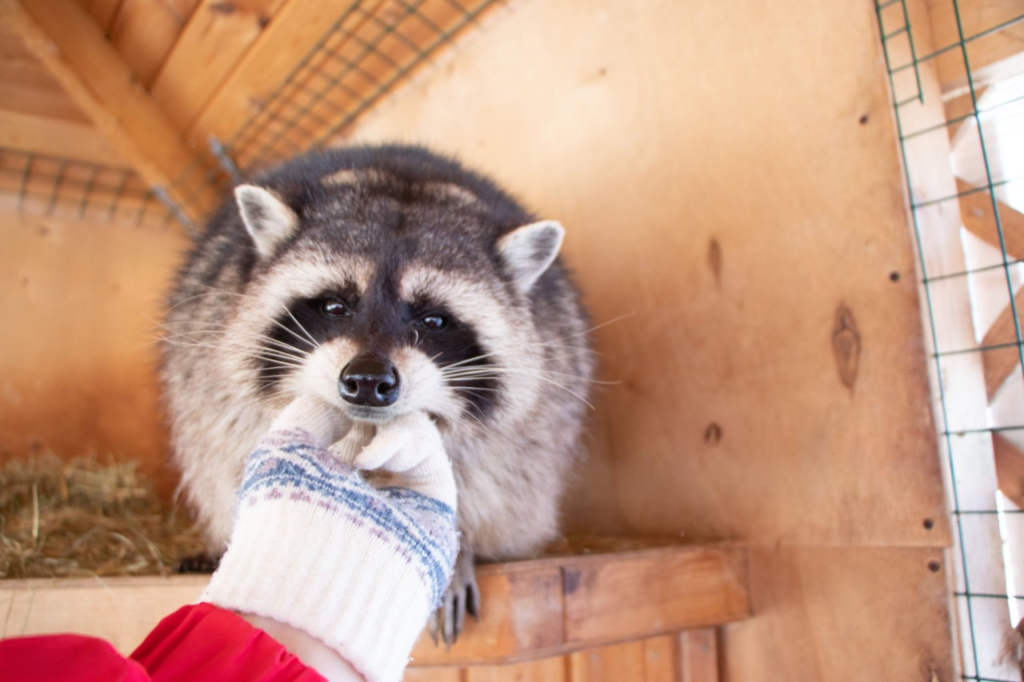You brought your new pet home and the hedgehog is not eating? Or your beloved pet suddenly stopped eating? In this article, I’m going to tell you why that might be. But notice I’M NOT A VETERINARIAN if you have any concerns about the health of your little hedgie you should go on a trip to the vet with him!
Common Reasons Why a Hedgehog Stops Eating
1. Stress or Environmental Changes
Hedgehogs are highly sensitive to their environment. Any recent change can make them anxious and result in appetite loss, including:
- A new home or cage setup
- Loud noises or excessive activity
- Presence of new pets or family members
- Relocation or travel stress
Allow your hedgehog a few days to settle. Providing a quiet, secure space with hiding spots can ease stress.
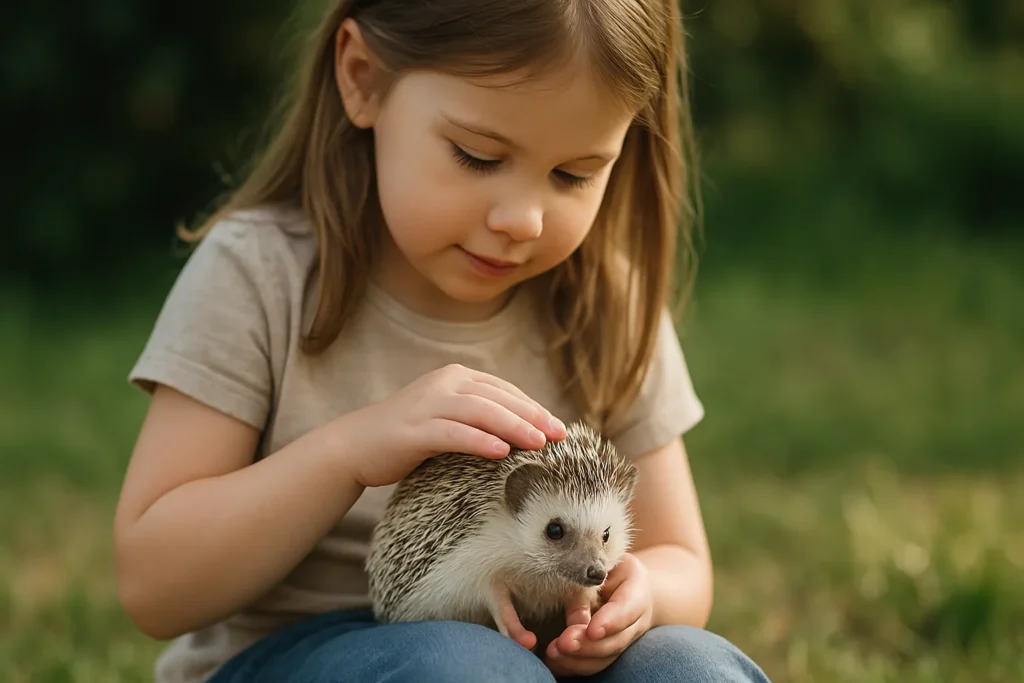
2. Illness or Pain
Health issues are one of the most serious reasons for a hedgehog not eating. Potential medical causes include:
- Dental problems (broken teeth, infections)
- Gastrointestinal disorders (infections, constipation, blockages)
- Internal pain or injury
- Tumors or other diseases
Warning signs include lethargy, weight loss, diarrhea, vomiting, or unusual discharges. Seek veterinary attention promptly if these symptoms appear.
3. Hibernation Instinct (Temperature-Related)
African pygmy hedgehogs should not hibernate. If their environment becomes too cold (below 75°F / 24°C), they may slow down, become inactive, and stop eating.
Ensure:
- Consistent cage temperature between 75-80°F (24-27°C)
- No drafts or cold air
- Proper heating equipment (heat lamps or pads)
Read More : Hedgehog For Sale: Hedgehog Breeder
Gastrointestinal Problems That Affect Eating
Gastrointestinal Infections
Caused by bacteria, parasites, or viruses, leading to symptoms like diarrhea, vomiting, and appetite loss.
Constipation
Poor hydration or lack of fiber can lead to discomfort and reduced eating. Ensure proper hydration and a balanced diet.
Impaction or Blockages
Foreign objects, bedding, or undigested food can block the digestive tract, causing pain and appetite loss.
Intestinal Motility Disorders
Rare conditions affecting food movement in the gut require professional veterinary care.
Situational Reasons for Appetite Loss
New Environment
If you’ve just brought your hedgehog home, it’s natural for them to refuse food for a day or two while adjusting. Give them time and space to explore.
Diet Change
Sudden changes in food can upset a hedgehog’s stomach. Transition to new foods gradually over several days. Always offer a varied diet consisting of:
- High-quality hedgehog or cat food
- Insects (mealworms, crickets — in moderation)
- Occasional fruits and vegetables
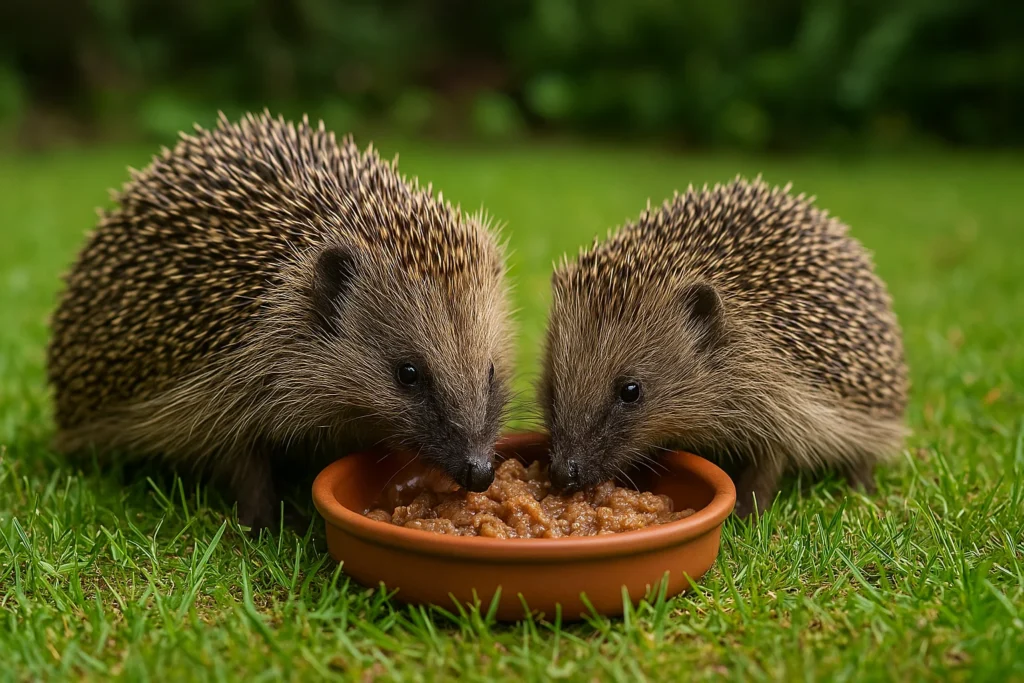
Dehydration
Hydration is crucial. Hedgehogs often prefer filtered or well water over tap water. Use a water bowl instead of a bottle, as bottles can malfunction. Always check water availability and cleanliness.
Signs of Discomfort or Environmental Issues
Consider other environmental factors that may cause stress or discomfort:
- Cage too small or unsuitable
- Cage location too noisy or exposed
- Lack of enrichment or social interaction
- Loneliness or boredom
- Seasonal changes affecting mood and behavior
How To Encourage Your Hedgehog To Eat Again
Immediate Steps
- Offer favorite treats or wet cat food.
- Hand-feed gently to build trust.
- Ensure the cage is warm, quiet, and comfortable.
- Minimize environmental changes during this time.
Long-Term Care
- Provide a balanced, varied diet.
- Keep the cage clean with safe bedding.
- Maintain a stable, warm temperature.
- Handle and play with your hedgehog regularly to build confidence.
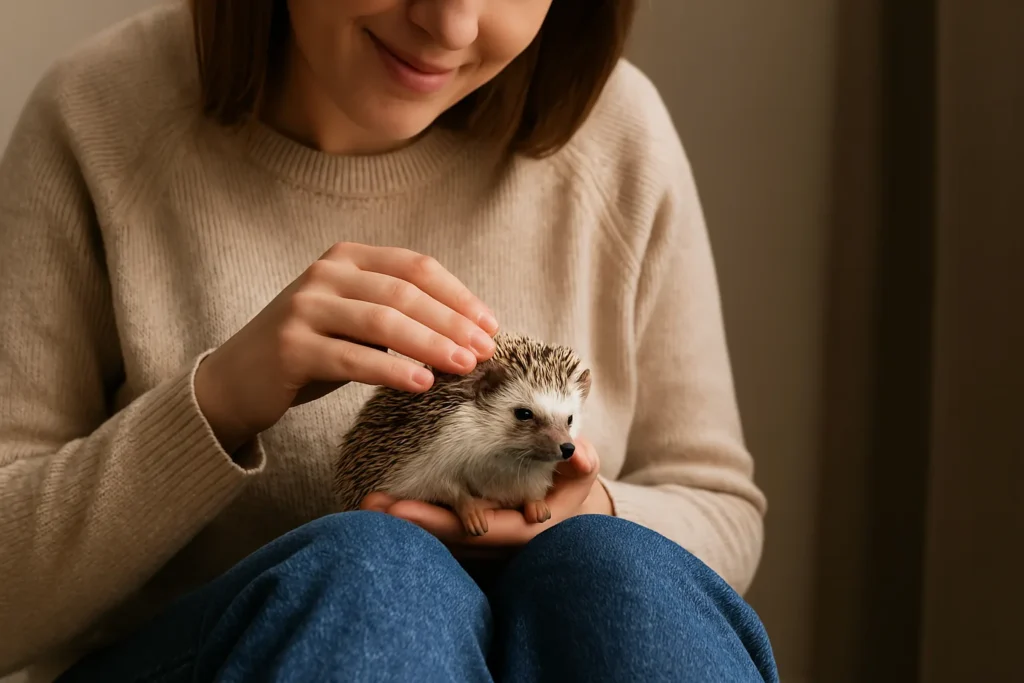
When To See a Veterinarian
Always consult a vet if:
- Appetite loss lasts more than 24-48 hours.
- Your hedgehog shows signs of illness (lethargy, weight loss, abnormal stool, discharge).
- You suspect a blockage, infection, or injury.
- Your pet appears dehydrated despite access to water.
Veterinary advice is essential when in doubt — early intervention can save your pet’s life.
Final Thoughts
A hedgehog not eating is not something to ignore, but it’s often solvable with care, patience, and proper attention to their environment and health needs. Always monitor their behavior closely, keep their living conditions optimal, and consult a veterinarian if necessary. With love and care, your hedgehog can regain its appetite and thrive again.
